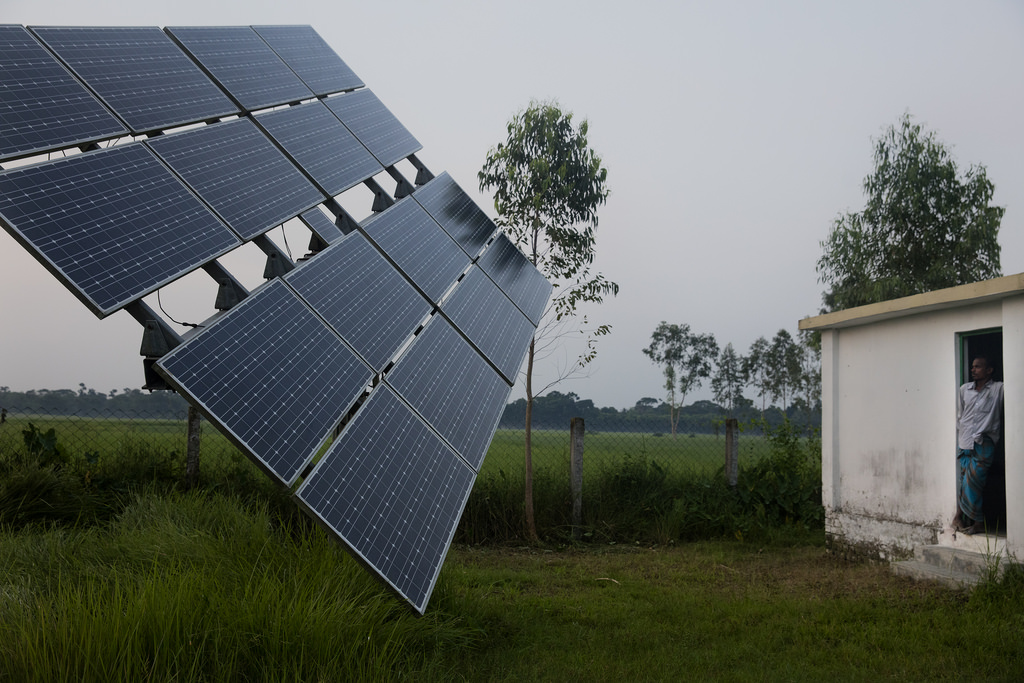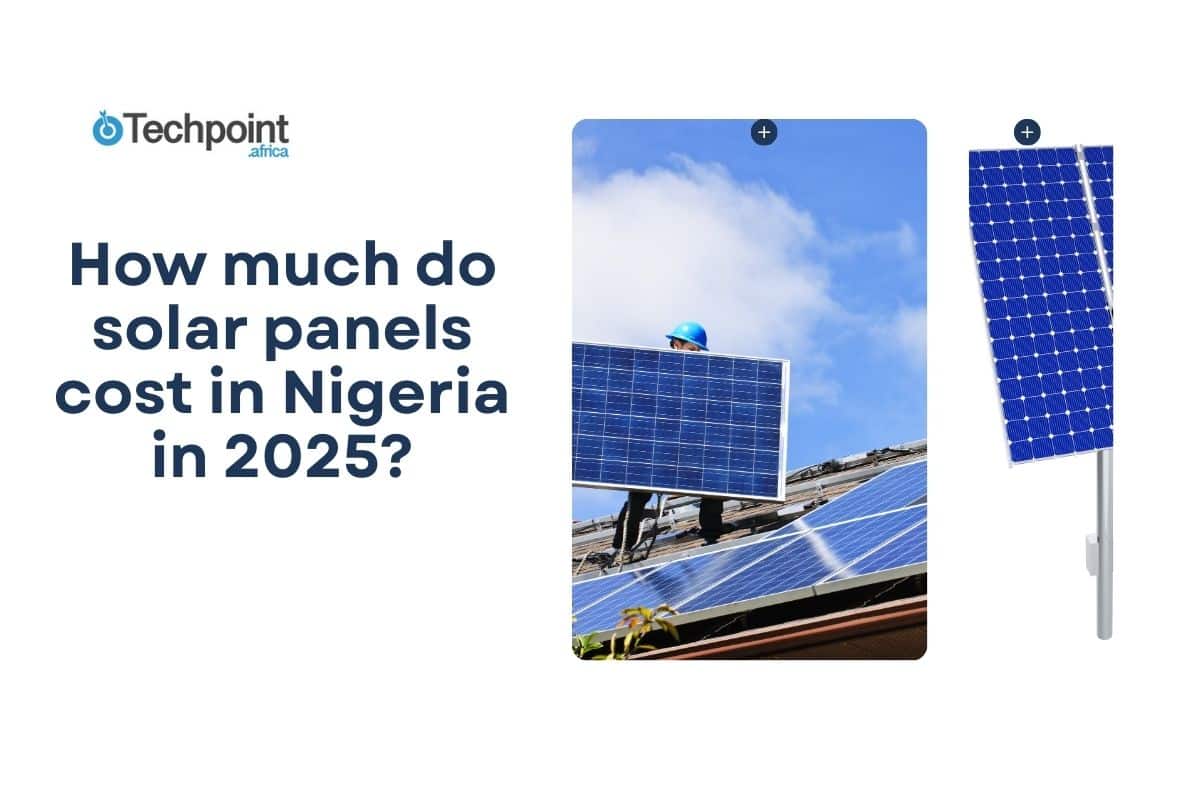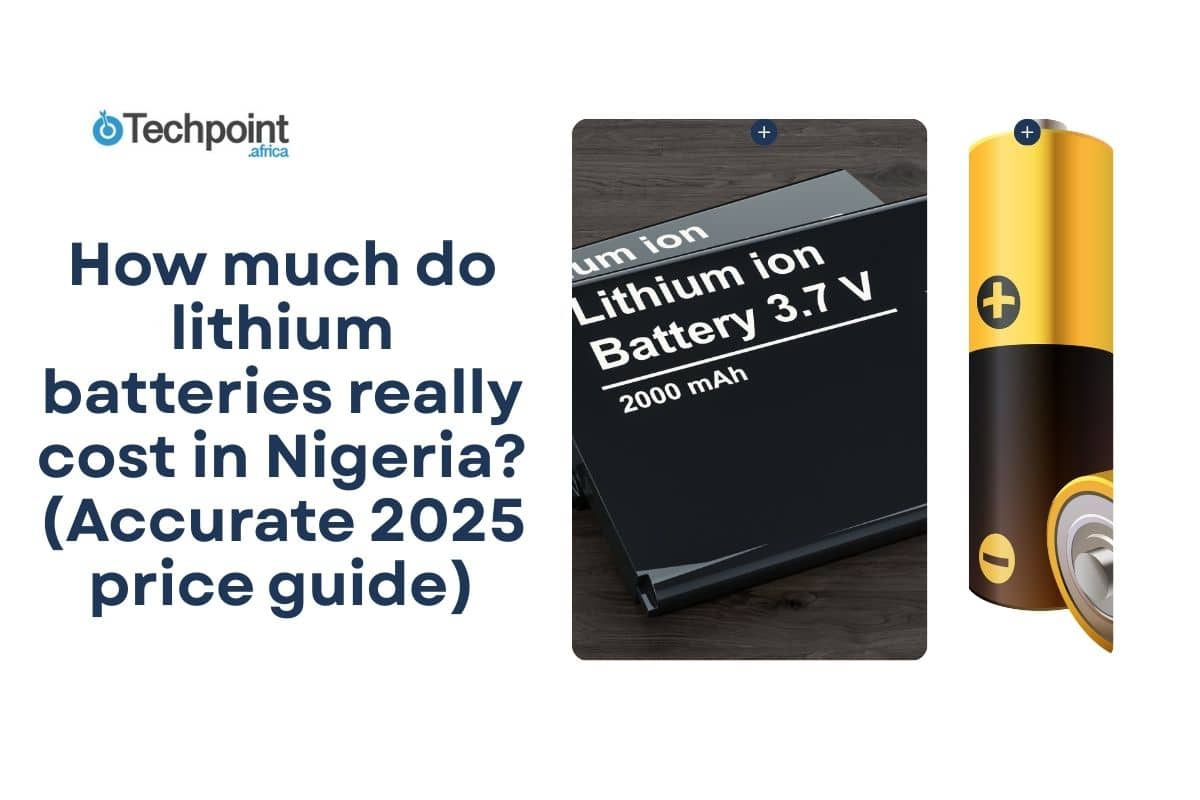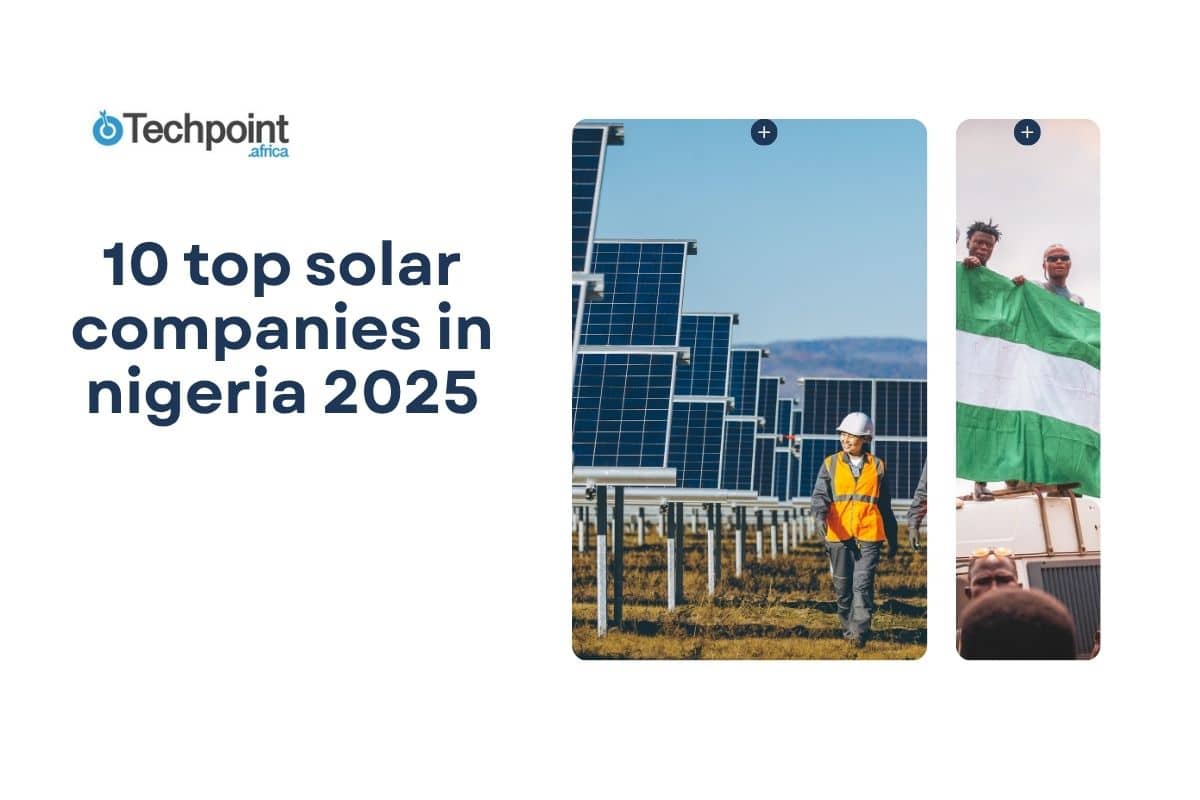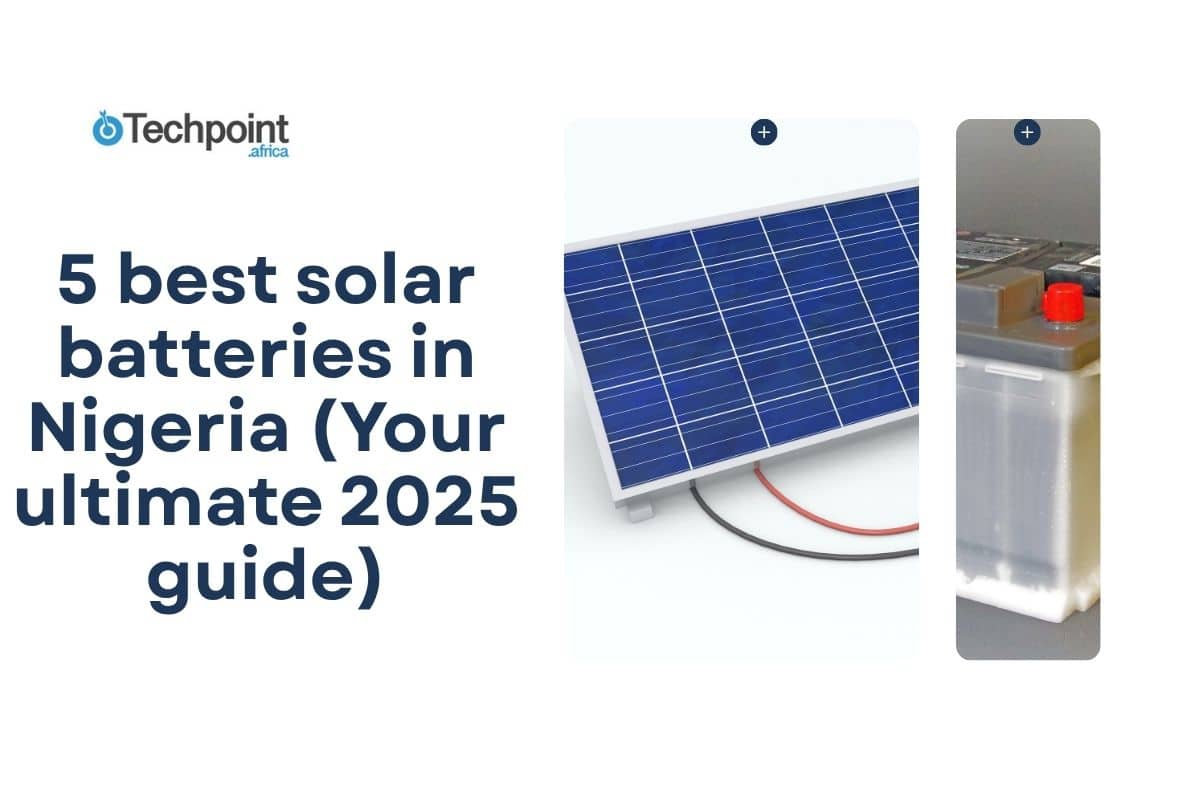February this year, the Nigerian Customs Services (NCS) moved tariffs from 5% to 10% on the import of solar panels. These tariffs were coming at a time where stakeholders in the renewable energy industry were pushing for the existing 5% to be reduced to 0.
Regardless of outcries from stakeholders in the renewable energy industry and even citizens on and off social media, 8 months later, nothing has changed. And the buzz and awareness seems to be fading.
Suggested Read: Solar energy is about to get even more expensive in Nigeria
At the time, the NCS reportedly claimed the move was aimed at encouraging local production and consumption of solar materials.
In an interview at the time, CEO of Kaduna-based Blue Camel Energy, Suleiman Yusuf said contrary to these claims, the tariffs were most likely revenue generation efforts. He further condemned the myopic stance.
“They are doing more harm than good by prioritising money over the growth of a nascent renewable energy industry in Nigeria that is already bedeviled by too many challenges,” he said at the time.
On a consumer level, not much has changed in terms of pricing. When I spoke to renewable energy engineer, Obioha Ukegbu last time, he said the tax had not affected the prices of these panels on the market for consumers and this may be because marketers have not restocked. Eight months down the line, prices are the same and he is surprised.
“Maybe the traders have found a way to circumvent these charges,” he says.
Suleiman confirmed this suspicion.
“Yes they actually have. These people jointly bribe a contact person who in turn pays a pittance to some bad eggs at the NCS who then they let them go. The people feeling the brunt of these charges are those that cannot entrust their goods to these people or just not pay the bribes.”
President of the Renewable Energy Association of Nigeria(REAN), Segun Adaju says the HS Code that has changed tax classification on the solar panels still remains the same.
“Nothing has changed, REAN and other stakeholders have been making efforts and pushing, but from reports and feedback, there has not been any concrete response from the Nigerian Customs Service and relevant authorities.”
Techpoint learned through a reliable source that the NCS says it is not responsible for this hike in tariff but are only messengers.
That one way out of the tariff quagmire is for the Ministries of Power and Finance to jointly sign an application for a tax waiver and the NCS will enforce it.
But the source says waivers have been abused in other sectors, and this may not be an exception for renewable energy.
On the issue of waivers, Segun Adaju says;
“People generally take advantage of waivers to do what they want. From substandard products to unchecked ones and even portfolio companies.”
Suleiman has a similar concern,
“Even when the waivers are in place, the criteria may be so tough that it will keep most companies out of access thereby defeating the purpose,” he said.
They both agree that a regulation for any waivers is necessary.
Nothing is happening anytime soon
Stakeholders generally agree that the surefire way to fix this is changing the HS Code to a new classification that ensures zero rates on import tariffs.
According to Wikipedia,
The Harmonised Commodity Description and Coding System, also known as the Harmonised System (HS) of tariff nomenclature is an internationally standardised system of names and numbers to classify traded products.
The HS Code system is maintained by the Harmonised System Committee (HSC) of the World Customs Organisation (WCO). Codes can only be amended and reviewed at HSC sessions and the 2018 edition was from March 6th to 16th.
This means that even if it was ready, any change in the solar panels product classification will have to wait till the next HSC sessions in 2019.
Another source pleading anonymity said the National Assembly may actively be considering deliberating on this issue, but not anytime soon.
“Everyone of them now has their sights set on the general elections in February 2019. All the machinery and debate grinds towards that date, so anything else cannot be taken serious until way later after the elections,” the source said.
What other options are available?
Suleiman suggests an executive order. An executive order is a directive issued by the president carrying the force of the law.
“Considering the importance and role of renewable energy in the grand scheme of things, it won’t be too much to ask for. If the Minister of Power can put out a strong memo[randum] on the issue to the president, it can happen,“ Suleiman says.
But sustaining this tariff is like the government shooting itself in the foot.
The National Renewable Energy and Energy Efficiency Policy’s Vision 30:30:30 aims to produce 30,000 MW of electricity by year 2030 and wants renewable energy to form 30% of this volume.
There may be great hiccups to achieving this feat with the tariffs still in place.

